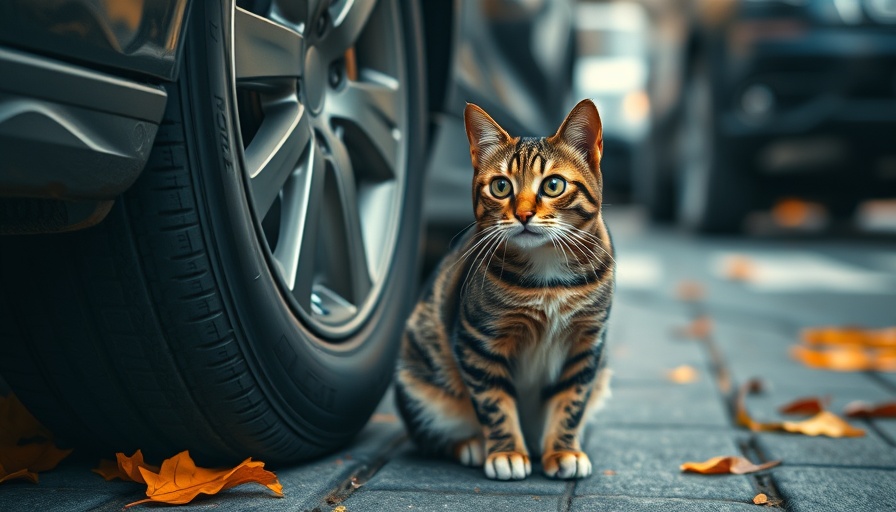
Understanding the Dangers of Essential Oils for Cats
Essential oils, derived from plants, are popular among pet owners seeking natural remedies for various issues, from flea infestations to relaxation techniques. While the appeal of using essential oils can be strong, especially with their aromatic benefits, it’s crucial to understand the potential dangers they can pose to our feline friends.
Why Cats Are Susceptible to Essential Oil Toxicity
One of the primary reasons essential oils can be harmful to cats is their unique physiology. Unlike humans, cats lack certain liver enzymes that help metabolize these potent substances. This deficiency can lead to the accumulation of toxic compounds in their bodies, resulting in serious health issues. Even oils marketed as safe for pets can contain ingredients that are dangerous when absorbed through the skin or ingested.
The Controversy Surrounding Essential Oils as Flea Preventatives
Essential oils do possess potent properties that can serve as natural repellents; however, the effectiveness in killing fleas and ticks is often overstated. While some oils might make the environment less inviting for these pests, relying solely on essential oils is not recommended by veterinarians. A comprehensive approach combining safe pharmaceutical treatments with cautionary natural methods is vital for effective pest management.
Consultation is Key: The Importance of Vet Guidance
Before using essential oils as flea treatments, always consult a veterinarian. This expert can provide tailored advice based on your cat’s health, size, and unique needs. Oftentimes, what’s safe for one pet can be hazardous to another, emphasizing the necessity of personalized guidance.
What to Look Out for When Using Essential Oils
If your vet does recommend a product containing essential oils, it’s essential to scrutinize the label for ingredients and concentrations. Remember that carrier oils can also be harmful, so thorough knowledge of your products goes a long way in ensuring your cat’s health and safety.
Real-Life Stories: Experiences Shared by Pet Owners
Pet owners have reported varying experiences with essential oils. Some have claimed success in using diluted mixtures for repelling pests, while others have seen adverse reactions, including skin irritation or lethargy in their cats. Sharing these experiences is vital to educating others in the community and ensuring all pet owners are aware of the potential risks involved.
Alternative Flea Control Methods
In light of the potential dangers posed by essential oils, many pet owners are turning to alternative methods for flea prevention. Traditional treatments prescribed by a veterinarian, such as topical solutions and oral medications, have been proven effective without the risks associated with essential oils. Regular grooming, maintaining a clean home environment, and potential use of flea collars may also be viable options to consider.
Conclusion: Prioritizing Pet Safety Above All
While the allure of using essential oils for flea prevention is understandable, it’s essential to prioritize the safety and well-being of your cat. Always communicate with your vet before implementing any new treatment strategy.
By taking educated steps and placing your pet's health first, you'll contribute positively to their wellbeing while navigating the sometimes murky waters of flea and tick prevention.
 Add Row
Add Row  Add
Add 


Write A Comment